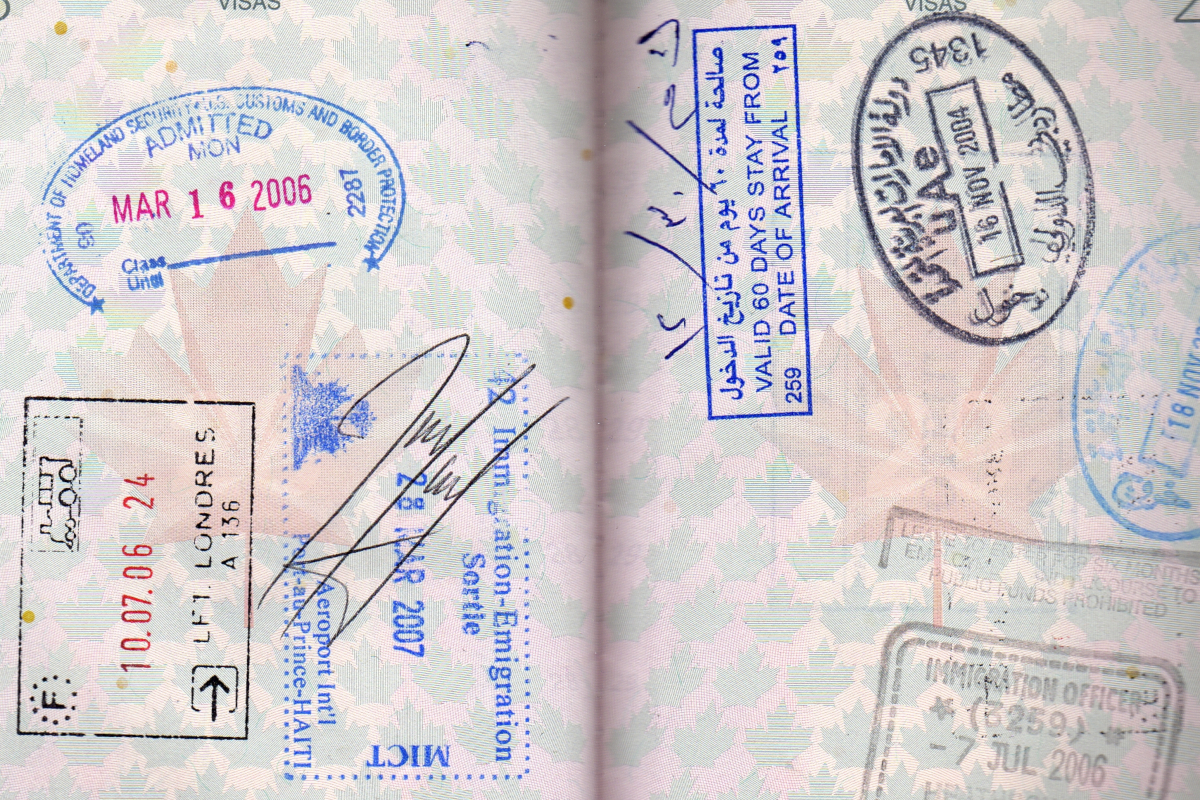European police facial recognition system must be halted, warns new paper
Topic
Country/Region
07 September 2022
A new position paper published today by the European Digital Rights (EDRi) network calls for MEPs to oppose plans to create an EU-wide police facial recognition system that may, in the future, also include the UK. The plans are part of the 'Prüm II' proposals that instrumentalise one of the fundamental principles of the EU – the free movement of people between states – to legitimise the need for even more policing.
Support our work: become a Friend of Statewatch from as little as £1/€1 per month.

More police powers
In December 2021, the European Commission announced plans “to enhance law enforcement cooperation across Member States and give EU police officers more modern tools for information exchange,” and published three proposals:
- a Council Recommendation on operational police cooperation;
- a Directive on information exchange between national law enforcement authorities;
- a Regulation on automated data exchange for police cooperation, also known as ‘Prüm II’.
The first of these (the Council Recommendation) seeks to codify certain rules relating to cross-border police operations. It would be non-binding, but sets out a series of legal and other measures the member states should implement to facilitate “cross-border actions” such as “hot pursuit, surveillance, joint patrols.”
The Directive on information exchange replaces a 2006 law known as the ‘Swedish Framework Decision’, which introduced the “principle of availability” for police information, which revolves around the idea that information available to law enforcement authorities in one member state should not be made available to the authorities of another member state on the same terms. It sets out rules on how and when national law enforcement authorities should request and send information to one another.
Prüm II
Like the proposed Directive, the Prüm II proposal also seeks to expand data-sharing between member states and Europol, and covers particularly sensitive forms of personal data.
It would build upon an existing data-sharing network, known as Prüm, that interlinks national DNA, fingerprint and vehicle registration databases. Law enforcement officials can search one another’s systems and, in case of a match, can request that the state responsible send them the data in question.
Under the proposal, the network would require the interconnection of facial image databases and, on a voluntary basis, “police records”. The Council would also like to make driving licence data accessible through the network, including the facial images stored in relation to driving licences.
Early discussions on the plans also raised the possibility of opening up other civil identity databases for cross-border searches – for example, on passports or identity cards – but this possibility does not currently appear to be on the table.
Even so, the proposal seeks to massively extend police powers, as explained in detail in a new briefing published today by European Digital Rights (EDRi), which Statewatch helped to co-author alongside EDRi staff and member organisations: Access Now, Digital Society (Switzerland), Državljan D (Citizen D, Slovenia), the European Center for Not-for-profit Law (ECNL), the IT-Political Association of Denmark (IT-Pol).
Your support means we can work with allies across Europe to stand up for civil liberties
Become a Friend of Statewatch
The proposal incentivises the creation of facial image databases: although the proposal does not mandate the establishment of a national face database (as the original Prum legislation did with DNA databases), the European Commission is offering to pay to set them up in member states that do not yet have one, further normalising a technology that has no – or, at best, a very limited – place in a democratic society.
Under the proposal, these databases would then be interconnected and mutually searchable by authorities across all participating member states.
The proposal also ramps up Europol’s data-gathering and exchange powers and extends the EU’s burgeoning ‘interoperability’ architecture, which looks set to continue expand in the years to come without concerted, substantial opposition.
The possibility of searching other member states’ police records means that hearsay or rumour can be passed across borders; it also hugely expands the possibilities for overtly political policing.
Recommendations from the position paper
1. Implement specific rules for Member States’ police databases prior to their connection to the Prüm II system, to ensure a high level of protection of fundamental rights;
2. Remove the sharing of Europol-held third-country biometric data and remove Europol’s own-initiative biometric searches, which lack a legal basis;
3. Add additional safeguards to the sharing of reference data, as well as more broadly throughout the Prüm system in order to align to the Law Enforcement Directive;
4. Request a thorough necessity and proportionality assessment of the proposal for Prüm II, including requiring evidence and statistics to clarify whether the current framework is effective. If not, the co-legislators should delete all elements of the proposal that are not demonstrably necessary and proportionate;
5. Delete the large-scale automated exchange of unidentified DNA data;
6. Ensure all searches can only be undertaken on the basis of genuinely individual cases, and only in the event of serious crimes, with additional safeguards;
7. Grant member states a meaningful right of refusal before the exchange of personal data;
8. Fully reject the inclusion of facial image exchange in Prüm II due to the serious risks of fundamental rights violations;
9. Limit the definition of police records to ensure that biased assumptions, hear-say and other illegitimate records will not be shared via Prüm II;
10. Resist the attempt to add national driving license systems, which would treat whole populations as if they are suspected of serious crimes
Read the position paper here
Opposition needed
The goal is to have the expanded network up and running by 2027. The Council has already reached its negotiating position, and MEPs will start debating the proposal soon.
The UK may also be invited to participate, under the terms of the Trade and Cooperation Agreement (TCA) signed between the EU and UK at the end of 2020.
The proposal “has been mentioned in meetings between the Commission and UK authorities relating to law enforcement and judicial cooperation,” a Commission press officer told Statewatch in February, but so far “neither the content of the… proposal, nor the possible application of Article 541 of the EU UK Trade and Cooperation Agreement [allowing the UK to opt-in to an expanded Prüm network] have been discussed.”
Further reading
- 25 May 2022: EU: Policing: Council close to approving position on extended biometric data-sharing network
- 16 May 2022: EU: Police to be granted cross-border access to driving licence photos
- 13 April 2022: EU: Policing: France proposes massive EU-wide DNA sweep, automated exchange of facial images
Image: Don Relyea, CC BY 2.0
Our work is only possible with your support.
Become a Friend of Statewatch from as little as £1/€1 per month.
Spotted an error? If you've spotted a problem with this page, just click once to let us know.

